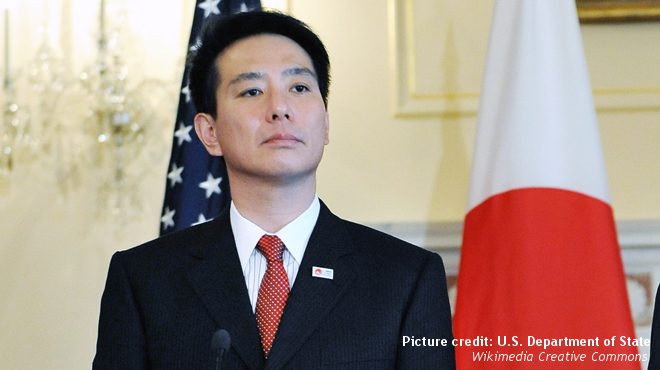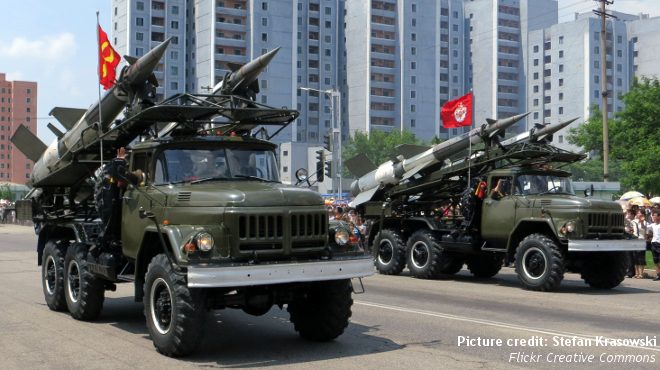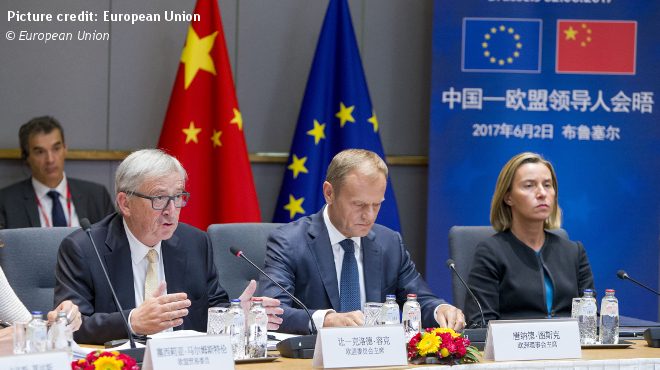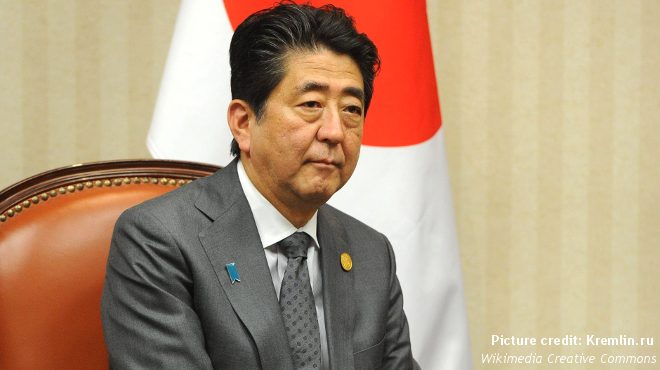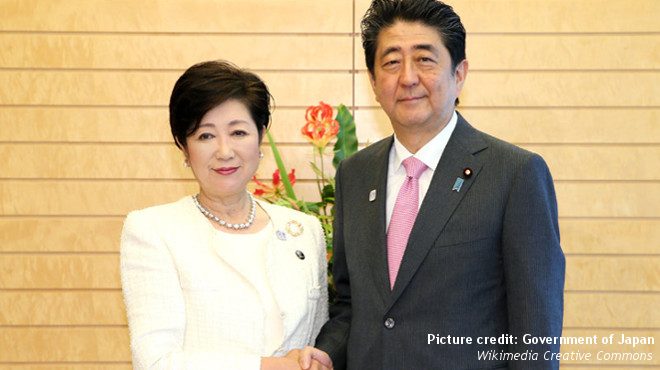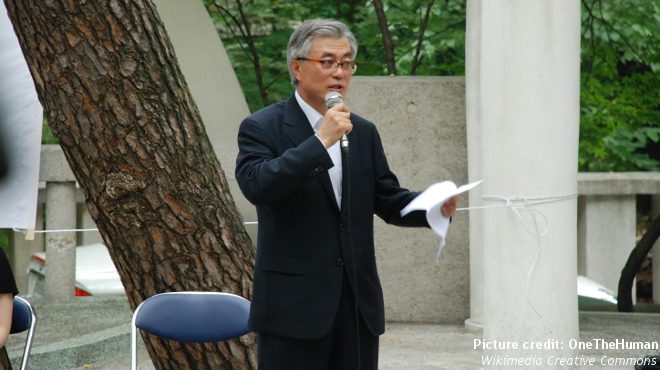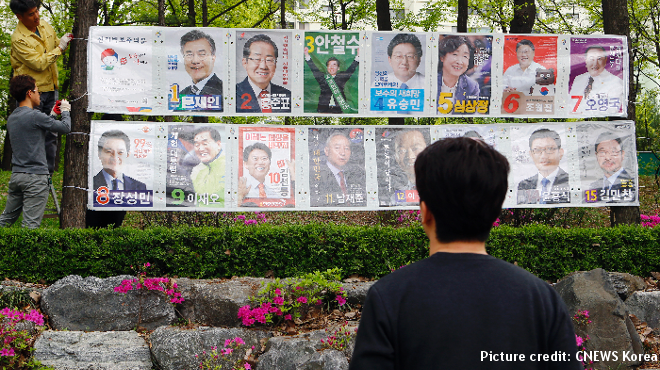Why Brexit won’t bring China and Britain together
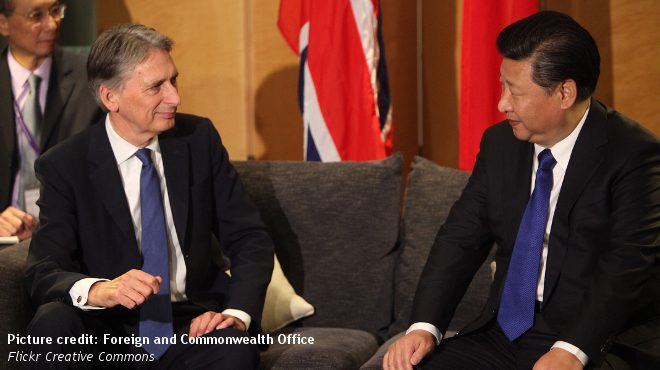
A key promise in the Brexit bandwagon was that after Brexit, Britain could negotiate trade deals with whomever they liked. After all, Britain hasn’t negotiated an independent trade treaty since 1973. Seemingly, Britain could offset the negative implications of leaving the single market by crafting new trade deals with partners like China. There is some merit […]
Read full blog post »